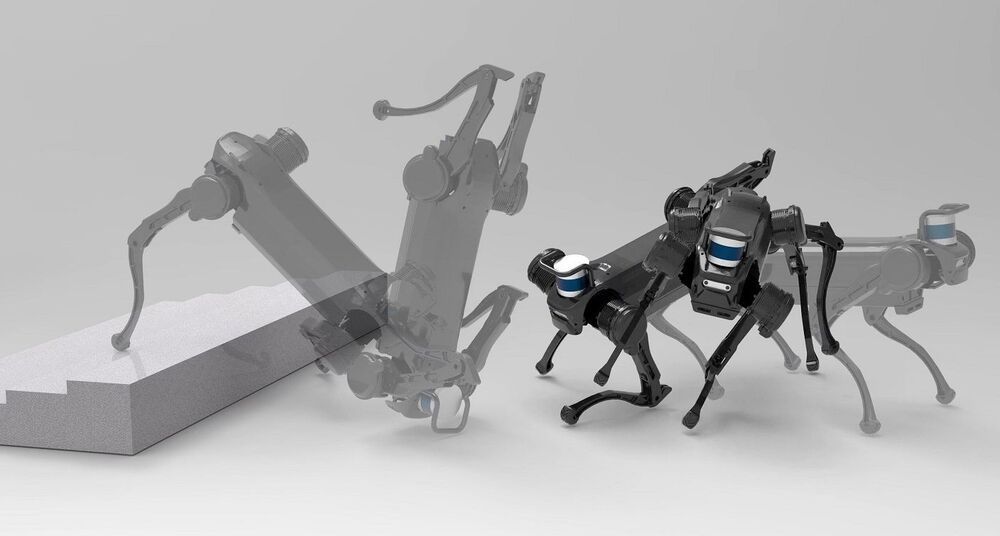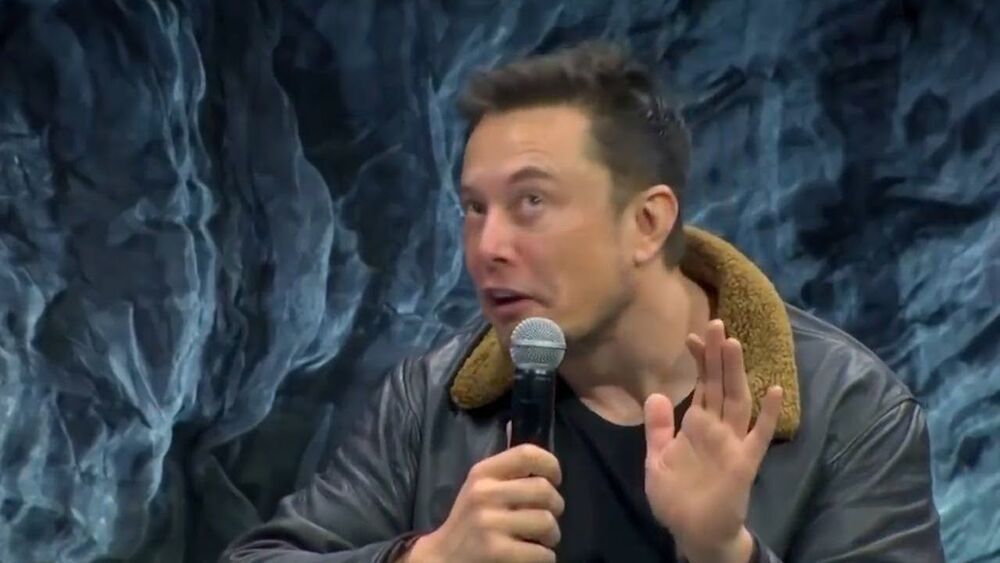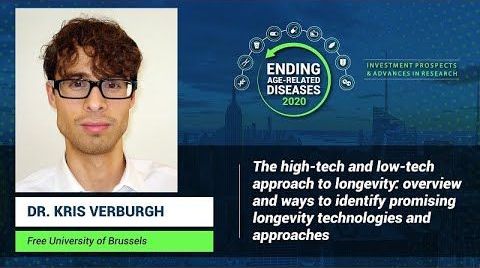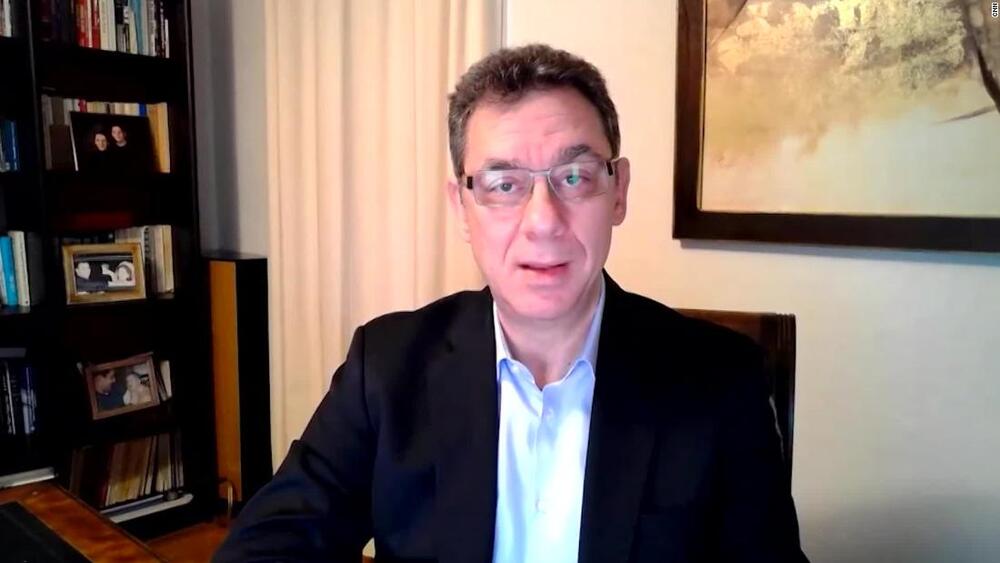The only total solar eclipse of 2020 dazzled spectators in South America, and some lucked out even as overcast skies threatened to put a damper on an incredible celestial event.
The so-called Southern Cone has now been treated to two total solar eclipses in back-to-back years. But each event was unique. Both eclipses were visible in Chile and Argentina, but the 2019 total solar eclipse happened in the wintertime for the Southern Hemisphere and in the late afternoon. This meant that the sun was low on the horizon, so the sky didn’t get as dark as it did this year.









